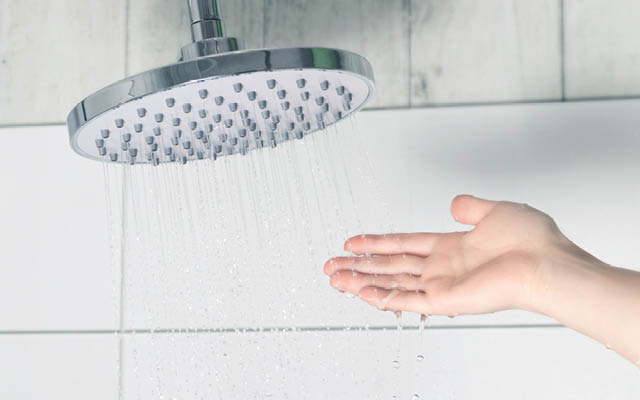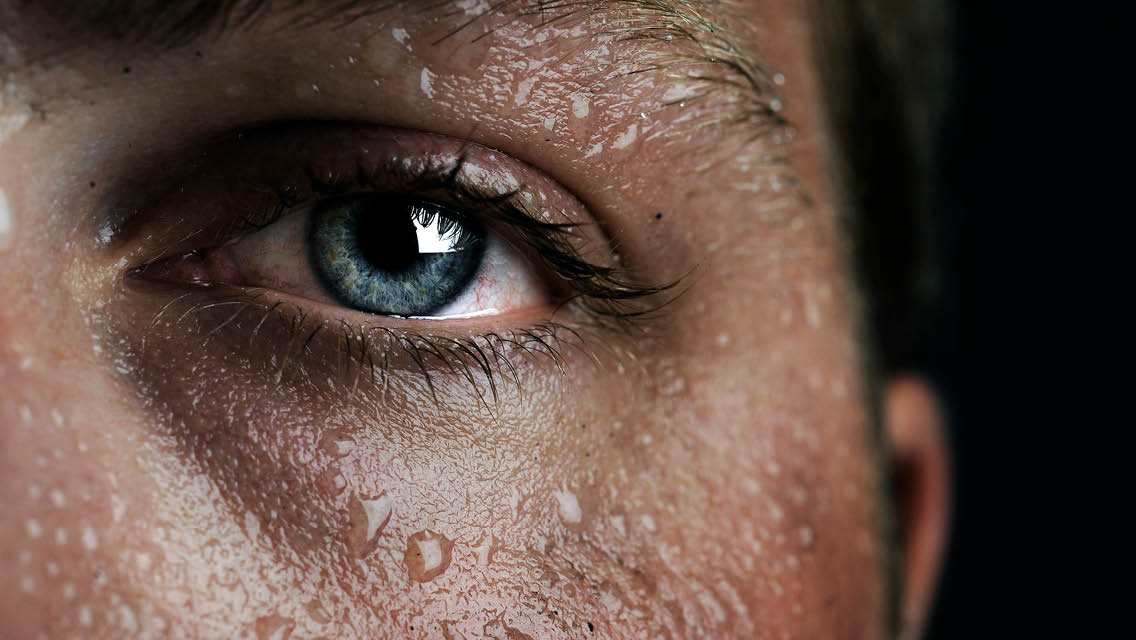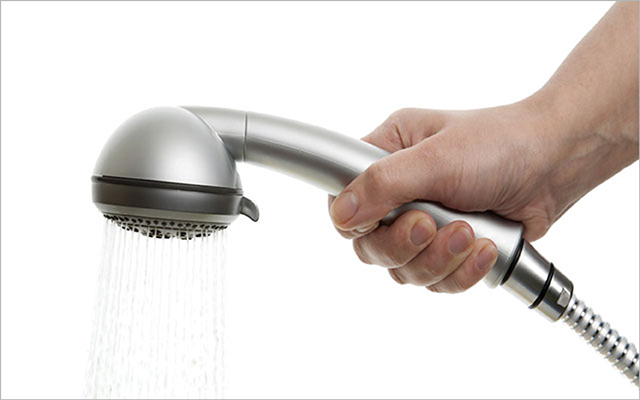“Five years ago, I stopped showering.” So begins James Hamblin’s Clean: The New Science of Skin, an exploration into our obsession with cleanliness and how it affects our skin’s microbiome.
Hamblin, MD, a preventive-medicine physician and Yale School of Public Health lecturer, wonders if all our soaping up and scrubbing behind the ears — as well as moisturizing and deodorizing — might actually be harming our health.
Our hygiene obsession, he says, is the result of a masterful marketing campaign. Fledgling soap makers took advantage of the meat-packing industry’s bountiful leftover animal fat in the mid-1800s. TV soap operas were later created as ad vehicles. The terrifying concept of B.O. was dreamed up by marketers.
Today, Americans spend $80 billion annually on personal-care and beauty products.
We may be too clean, Hamblin believes — to the point where our immune systems overreact to other perceived threats.
Our skin is one of our first lines of immunity defense, explains dermatologist Dr. Monty Lyman in The Remarkable Life of the Skin. It’s the Swiss Army knife of organs, he writes: “Skin is both a barrier against the terrors of the outside world and — with millions of nerve endings to help us feel our way through life — a bridge into our very being.”
Understanding the skin’s microbiome is a relatively new science. To keep us safe, it’s armed inside with immunity T and B cells and mast cells. The exterior is home to more than 1,000 species of bacteria as well as fungi, viruses, mites, and ectoparasites; some help us, some our system fights.
And some — like the recently discovered and still mysterious archaea microorganisms — are believed to oxidize the ammonia in our sweat and keep our skin acidic, making it a hostile environment to pathogenic bacteria.
“We now know that we have at least as many — and probably more — organisms living in and on us as we have of our own cells,” Lyman notes.
This makes our skin’s microbiome — like our gut’s, with which it constantly communicates — a new self-care frontier. “[It] has the potential to revolutionize medicine,” he adds. Lyman believes “microbiome transplants” could someday be used to treat conditions such as acne and eczema.
So what happened with Hamblin’s experiment in not showering?
“When you shower aggressively, you obliterate the ecosystems. They repopulate quickly, but the species are out of balance and tend to favor the kinds of microbes that produce odor.
“After a while, your ecosystem reaches a steady state, and you stop smelling bad,” he says. “I mean, you don’t smell like rosewater or Axe Body Spray, but you don’t smell like B.O., either. You just smell like a person.
This article originally appeared as “Rethinking “Clean”” in the March 2021 issue of Experience Life.




This Post Has 0 Comments